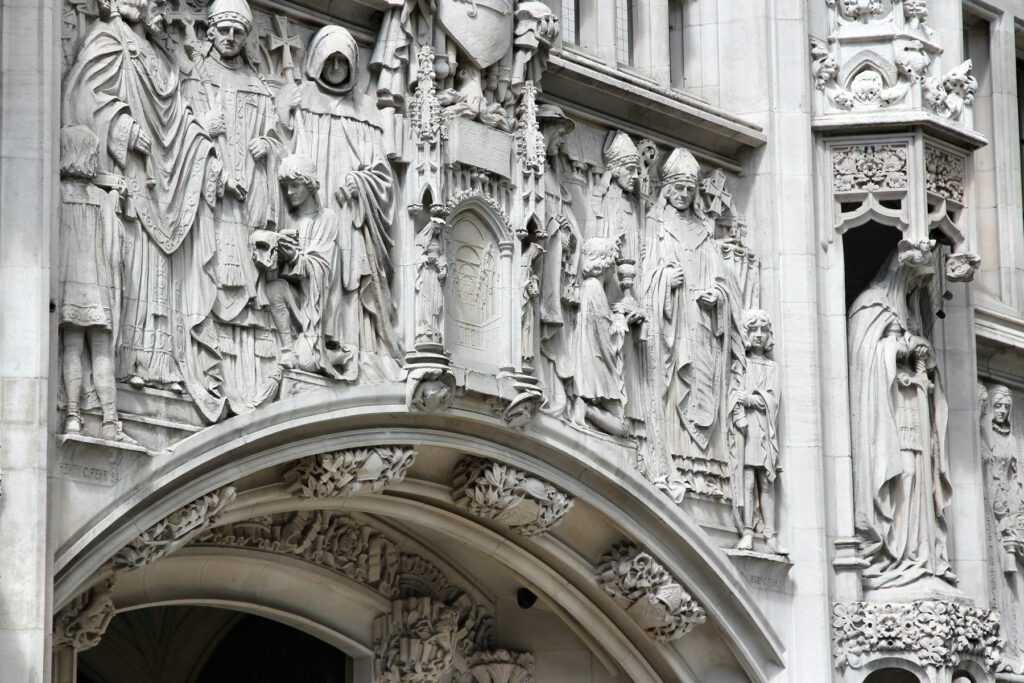Authors
Yesterday the Supreme Court handed down the eagerly awaited judgment in the case of Hirachand v Hirachand and another [2024] UKSC 43.
The case is significant as the Supreme Court were asked to determine whether the Court of Appeal were wrong to include the payment of a success fee as part of an order for reasonable financial provision out of a deceased person’s estate for the purposes of a claim brought under the Inheritance (Provision for Family and Dependants) Act 1975 (the Act).
The Supreme Court allowed the appeal and have confirmed that success fees cannot be included in awards for financial provision under the Act.
The case started out as a claim in the High Court by an adult daughter against her father’s estate under the Act.
The daughter instructed her solicitors under a conditional fee agreement (CFA), also known as a no win no fee agreement. CFAs are commonplace in these kinds of cases as often claimants are unable to afford the upfront legal costs of bringing their claim.
CFAs include provision for a success fee as well as the base legal costs. The success fee is typically a percentage of the overall legal fees being charged.
The daughter’s claim was successful at trial, and she was awarded a lump sum from her father’s estate of £138,918. This included a contribution of £16,750 towards her CFA success fee. The Judge also ordered the defendant to pay the daughter’s base legal costs of £80,000.
This meant the daughter was able to claim her legal costs of £80,000 directly from the defendant, and, she also received £16,750 from the award, to use towards the success fee she was required to pay her solicitor.
In 2021 the defendant appealed the decision claiming it was wrong in law for the Judge to include a contribution towards a success fee in an award under the Act. The Court of Appeal however dismissed the appeal and upheld the decision that a success fee liability formed part of a claimant’s “financial need” when considering their overall financial position.
That decision was appealed to the Supreme Court to end all the uncertainty once and for all.
Overturning the previous decisions of both the High Court and the Court of Appeal, the Supreme Court have now confirmed that success fees cannot be included in the award for financial provision under the Act.
Speaking following the judgment, Emma Bryson of Michelmores Disputed Wills and Estates Team commented:
“It is reassuring to have the much-needed clarity that success fees are not recoverable as part of a claimant’s ‘financial needs and resources’ in claims under the Act.
“It has long been the case that success fees are not recoverable from losing parties in civil litigation, the Courts and Legal Services Act 1990 restricts the recovery of success fees under CFAs and so this decision seems to align awards under the Act with this principle.
“CFAs are a useful tool that enable claimants, who would otherwise be unable to afford to do so, to pursue meritorious claims under the Act. That will continue to be the case; however, solicitors and their clients will need to be mindful of the risk that if claims proceed to trial, even where a claimant is successful, their award will ultimately be reduced after the payment of their success fee to their solicitor”.
Natasha McKeever of Michelmores Disputed Wills and Estates Team further commented:
“The decision is good news for our defendant clients, particularly our charity clients, we envisage it will reduce the number of unmeritorious claims being brought in the first place and also assist with the earlier resolution of cases through alternative means of settlement such as mediation.
“The decision should discourage low value or weak claims by solicitors acting under CFAs hoping to achieve a minimal award for their claimant client and in addition obtain their success fee from the defendant via the award”.
Should you wish to discuss any of the issues raised in this article, please contact Natasha McKeever or Emma Bryson.


